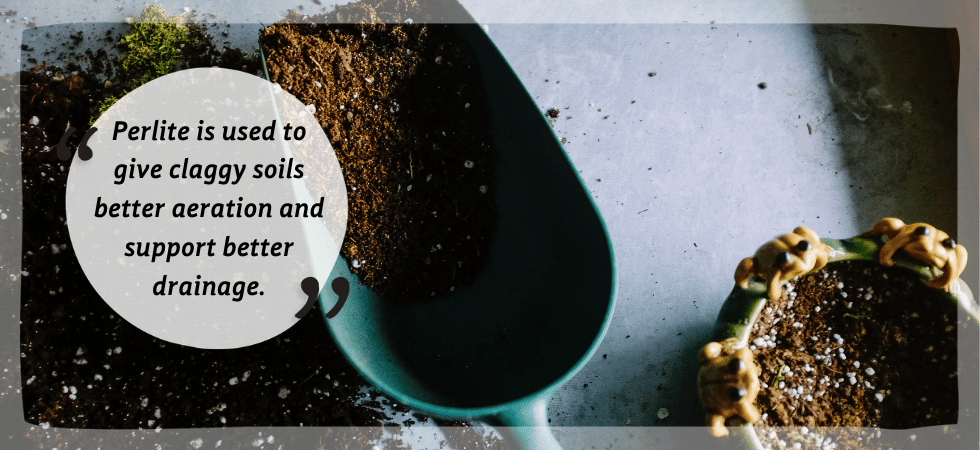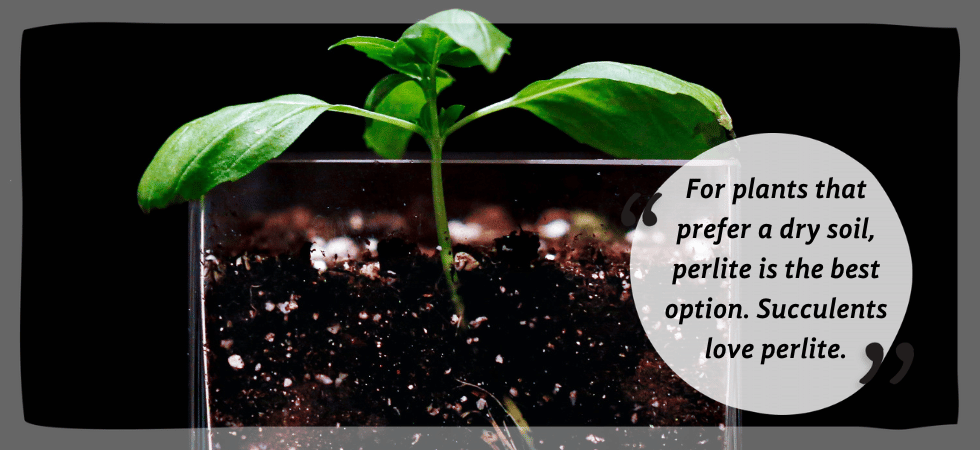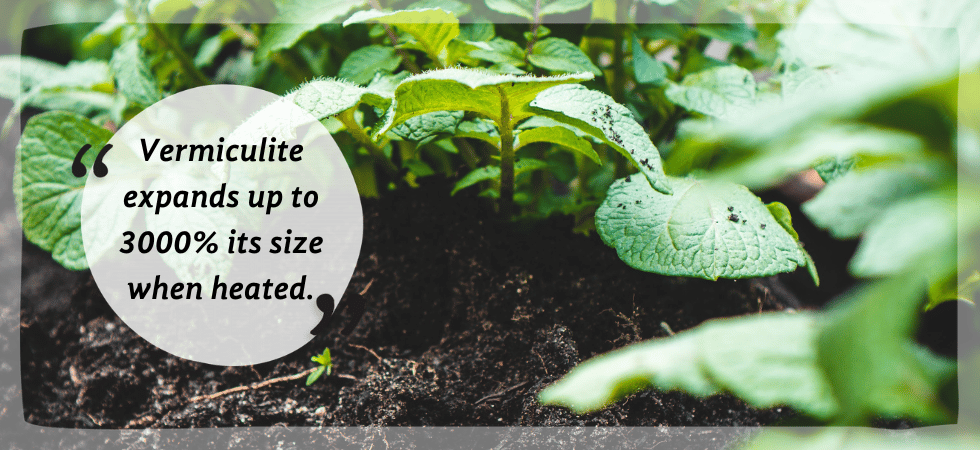The Differences Between Perlite and Vermiculite
Perlite vs vermiculite: which one wins?
The key to great gardening is not only growing sustainably, but knowing the soil that you grow your plants in. Two common choices for soil additives are perlite and vermiculite. They are soil conditioners which could help you unlock lush plants, more delicious produce and fabulously colourful blooms. Check out the facts to make the best choice for you and your garden, whether it’s in your home or outdoors.
Back To School
Have you recently been delving into the mysteries of the best composts and soils? 5 points to Hufflepuff. (Herbologist Professor Sprout was Head of this house in Hogwarts after all, it’s only fitting!)
The best growing medium – a fancy term for soil or compost – will give plants:
• Enough water
• Enough food (nutrients)
• Enough structure so roots grow strong
• Enough space for roots to creep through
But what happens if you’re cursed with claggy clay or a densely packed loam? Step forward soil conditioners, the additions that will help improve your soil. Out of all the possibilities on the market, we believe perlite and vermiculite lead the pack with their soil-boosting benefits.

In the white corner: Perlite
What is perlite?
Perlite is volcanic glass formed when obsidian mixes with water. It acts like the Hulk when heated, growing up to 20 times its original size.
Obsidian is created from lava that sets too fast to form crystals. It’s a dark, glass-like volcanic rock. Game of Thrones fans will know it as ‘dragonglass’. Yes, it exists! Rock out on all the facts at Geology – Obsidian.
Disclaimer: There are no guarantees perlite will fend off White Walkers. #JustSaying. It will, however, give you a fantastic addition to your plants’ soil to keep them growing to their full potential.
What does perlite do?
It’s pretty magical, living up to its name. When added to soil or compost, perlite helps hold apart their structures enough to allow more air in, and give better drainage. If you’re struggling with clay soil, dig in some perlite and enjoy your soil’s new texture.
Perlite – for plants who like it dry
Natural and organic, perlite can be used in gardens, greenhouses and for houseplants. It’s sterile and weed free so you won’t be adding anything unexpected. Given its so light, it’s great for containers. Have plants that like it dry between watering, like a cactus? Opt for perlite.
But if obsidian is dark, why is perlite white?
The trapped bubbles in the expanded version of perlite are crazily good at reflecting light. Those tiny flecks of white in our Coco Grow+ coir compost? That will be the perlite.

In the brown corner: Vermiculite
What is vermiculite?
Vermiculite is a natural mineral with the scientific name of hydrated laminar magnesium-aluminium-ironsilicate. Yep, you can see why they went with vermiculite!
If perlite is the Hulk, then vermiculite is giant Ant Man. When heated, vermiculite becomes 3000% larger! Certainly impressive.
What does vermiculite do?
Similarly to perlite, larger granules of vermiculite can help improve soil structure, but it’s more commonly used to improve water retention. Vermiculite soaks up water like a sponge, expanding into a worm-like shape. When the surrounding soil or compost dries out, vermiculite releases the water it holds to keep the soil hydrated and plants’ thirst quenched. For the best option to help seeds germinate, it’s best to use the smaller granule size.
Vermiculite – for plants who like it damp
If you have plants which like damp soil, add in some vermiculite. Be careful though – given it can absorb up to 4 times its volume of water, watch the weight of your pots.
Pro tip: need to protect seedling roots? Vermiculite has great insulating properties.
Has vermiculite anything to do with worms?
Yes, well spotted! ‘Vermiculare’ is the Latin for breeding worms. It’s why ‘Vermiculture’ is used to describe the process of worms helping with recycling waste. Vermiculite gets its name as it turns into long worm-like strands when heated or watered.

All-inclusive compost – with added perlite
Not sure what ratio of perlite is best? Our CocoGrow+ mix is 80% natural coco coir mixed with 20% perlite. The perlite helps keep the mix loose and airy leading to better root growth. And stronger roots = healthier plants.
Tips from the ‘Green Gardeners Guild’ online advice library
On the lookout for more tips and hints? Our blogs are packed with advice:
• Learn even more about vermiculite in The best growing medium for microgreens
• Potting soil for indoor plants
• Why you need seed compost
Perlite vs vermiculite – which team are you?
We’d love to hear how you’ve used these soil conditioners or our Coco Grow+ perlite mix.
Please post your pictures and tag @cocoandcoir on Instagram. We’ll credit you for any images we use and you’ll also be in with a chance to win some Coco & Coir goodies for your sustainable garden.










